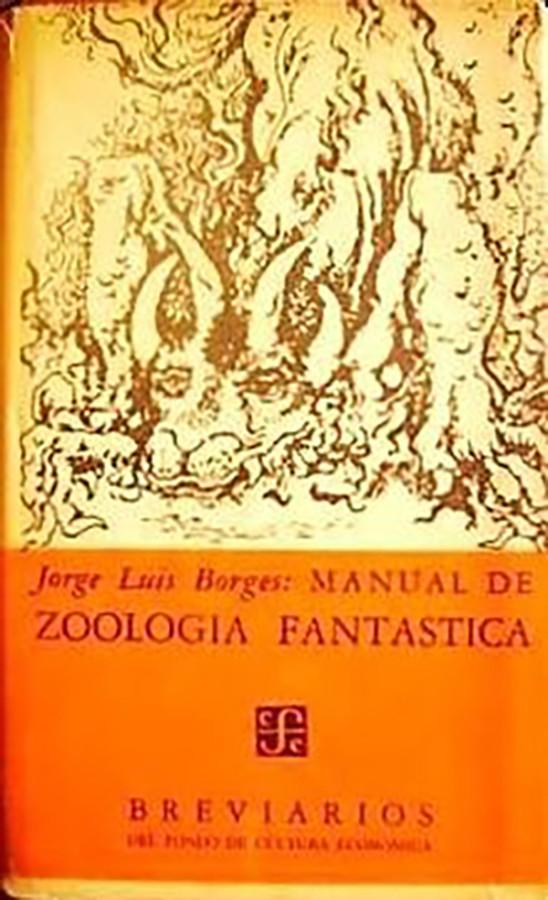Staff Recs: What to read over Thanksgiving break
WSN Staff recommends books to read over Thanksgiving break.
November 19, 2015
“And Then There Were None” by Agatha Christie
“Ten little soldier boys went out to dine; One choked his little self and then there were nine.” So begins a rhyme at the center of Agatha Christie’s “And Then There Were None.” This genre-defining mystery novel has all the elements to keep you gripped in your post-Thanksgiving-dinner food coma: a deserted island, murder, intrigue. The plot has been referenced and parodied in film so often that it’s familiar by now: 10 people arrive on an island under different pretenses, are accused of crimes from years gone by and are killed off one by one. “And Then There Were None” is widely regarded as Christie at her best. The plot is first-rate, the characters are compelling, the mystery — from its introduction to the final reveal — is excellent. After two and a half months of reading nothing but JSTOR articles for class, a murder mystery is exactly what you should turn to. —Tommy Collison, Opinion Editor
“Sistah Vegan: Black Female Vegans Speak on Food, Identity, Health, and Society” edited by A. Breeze Harper
If you want to further convince your old, conservative extended family this Thanksgiving that NYU has successfully brainwashed you with liberal propaganda, skip grandma’s turkey and start reading “Sistah Vegan.” The book, a collaborative project written entirely by black female vegans, is a collection of critical essays, personal narratives and poems. These works explore how veganism goes beyond just sustainability and eliminating animal cruelty, but actually plays a role in social justice and how we treat each other as human beings. The connections editor A. Breeze Harper makes between animal rights and human rights are truly enlightening, as she aims for the decolonization of not just the heart and mind, but the stomach, too. — Hannah Treasure, Under the Arch Editor
“The Book of Imaginary Beings” by Jorge Luis Borges
If you’ve never read anything by Jorge Luis Borges, you should reconsider many of your life decisions. His stories range from a theoretical library containing every work in the universe to conversations with a younger version of himself. Because Thanksgiving break is so short, however, you probably won’t have time to read every one of his short stories. Start with “The Book of Imaginary Beings,” a faux encyclopedia of cryptozoology that explores folklore. Being Borges, the story intermingles historical beliefs with his own imaginary inventions. Also, because there isn’t a plot throughout the book, it makes it very easy to set down whenever you have to explain to a relative why you’ve decided to switch to a philosophy major. Borges himself prefaces the book by saying you shouldn’t read it chronologically, but I admit I didn’t follow his advice. It’s useful, too, as I’ve referred to it when writing an essay about dichomatic doubles. And once you’ve finished this, you can move on to Borges’ “Collected Fictions” over winter break. — Thomas Devlin, Managing Editor
“The Basic Eight” by Daniel Handler
Daniel Handler, also known as Lemony Snicket, has always written about grim subjects. Before “A Series of Unfortunate Events,” Handler wrote novels which lacked the kid-friendly anecdotes of the children’s series and went straight for the kill. In his debut novel, “The Basic Eight,” Handler speaks from the voice of Flannery Culp, a high school senior who has an almost debilitating crush on choir director Adam State. At school, Flannery is part of a group of sophisticated and witty friends who call themselves the Basic Eight. Together, they exchange snappy quips and remarks while hosting elitist garden parties and dinners. However, when the panache camaraderie enters senior year, Flannery’s behavior grows more and more erratic, culminating in a Halloween party of horrors involving pearls, a stale baguette and a case of self-misidentification. Read this book over Thanksgiving break to remain grounded in your cynical side this holiday season. — Audrey Deng, Arts Editor
Email the Arts Desk at [email protected].


























































































































































